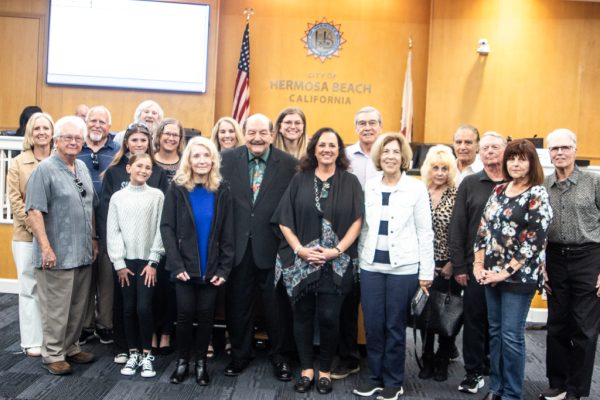Learning Management Systems (LMS) have become an integral part of modern education. The ability to deliver courses, manage learners, track progress, and provide assessments has made them a valuable tool for educators in both academic and corporate settings. However, with the shift towards collaborative learning and knowledge sharing, there is a need for LMS that can foster these interactions. This is where social learning comes into play. In this blog post, we will explore how social learning can be integrated into LMS and its benefits.
What Is Social Learning?
Social Learning is the process through which individuals learn by observing the behavior of others in their environment. It involves collaboration and interaction with peers or colleagues to acquire new skills or knowledge. Essentially, it’s about leveraging technology to connect learners to one another no matter where they are. Cloud-based software solutions such as Blackbaud can help orgnizations bring about increased collaboration, easily.
Benefits Of Social Learning
The benefits of social learning extend beyond traditional forms of instruction because it enables learners to:
- Learn From Different Perspectives
Incorporating social learning into an LMS encourages the exchange of ideas between learners from various backgrounds and expertise levels – creating a space where diverse perspectives can thrive.
- Improve Retention
Research suggests that students who engage in active discussions perform better than those who don’t, as they are more likely to remember what they’ve learned due to personalized feedback loop mechanisms.
- Promote Critical Thinking Skills
Engaging with others’ opinions on a particular topic and coming up with critiques require deep thought processes, which promotes critical thinking abilities among participants.
- Collaborate Across Boundaries
Collaboration across departments within organizations allows employees to work together on common goals while also developing skills that may not typically be used within their team setting.
How Can Social Learning Be Incorporated Into An LMS?
Integrating a system-wide solution like SparkRoom’s customizable cloud-based solutions or Open source eLearning tools like Moodle & Canvas would be highly beneficial. This can be achieved by using social media features like discussion boards, Wiki pages, and blogs:
- Discussion Boards: These allow learners to engage in conversations with one another and interact with their instructors outside of class sessions.
- Wikis: Enable participants to collaborate on learning content creation by adding, editing, and revising information shared in the form of documents or rich text content.
- Blogs: These are a great way for students to share their thoughts on challenging topics or lessons learned and receive active feedback accordingly.
The combination of all three systems (discussion boards, wikis, blogs) can promote active engagement among learners, thereby ensuring that they learn more effectively as a group while also individually reinforcing personal competencies.
Tips For Successful Integration
The following steps are crucial to ensure the successful incorporation of social learning in an LMS system:
1. Encourage Communication: Make sure that communication channels are optimized so that everyone (instructors & students) involved can easily access necessary information without barriers hindering progress.
2. Assign Group Tasks: Utilize social interaction within groups to foster collaborative activities and provide opportunities for brainstorming ideas. Critical thinking exercises can go a long way in enhancing creativity and innovation skills among team members.
3. Set Expectations: Ensure that rules are clearly communicated concerning how discussions should be conducted. This promotes respect for diverse opinions, necessarily conforming to controlled debates and preventing unproductive conflicts from escalating between the parties involved.
4. Rewards And Recognition: Celebrating positive performance will encourage continued engagement amongst learners working towards common goals, creating positive reinforcement loops. These could be in the form of badges/certificates awarded for increased completion rates or high-quality contributions/insights during deep dives on specific subjects. This encourages higher quality inputs increasing knowledge sharing at scale amongst peers and team members, leading to transferable excellence across departments.
Conclusion
Incorporating social learning into an LMS is essential to create effective collaboration environments that enable our learners to maximize their productivity and unique abilities, thereby fostering a reflective and lifelong approach to all they do. Incorporating social learning allows learners to actively participate in the sharing of knowledge and gain exposure to other perspectives on important subjects that may not have been a part of the course syllabus. This eventually helps prepare them for a seamless transition from students/members of individual teams into employees contributing positively to their organizations or communities as socially responsible citizens.










